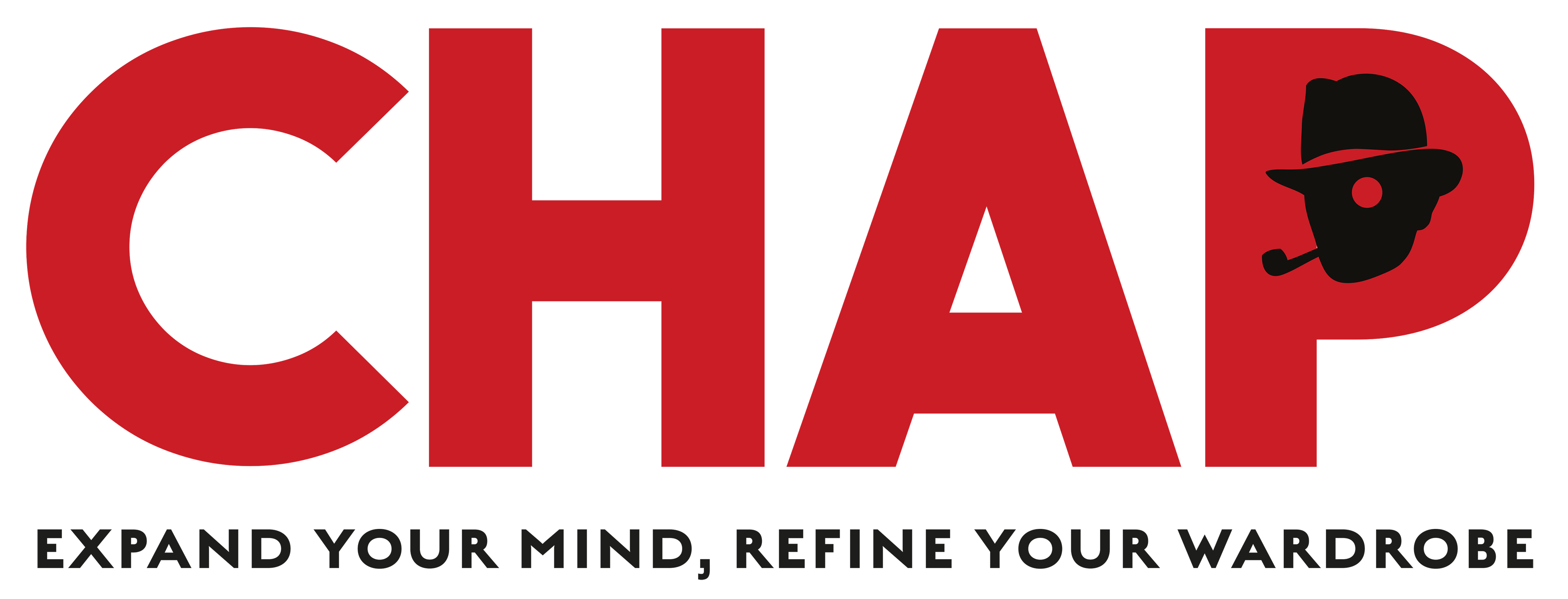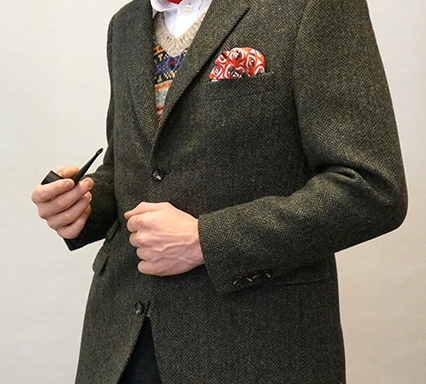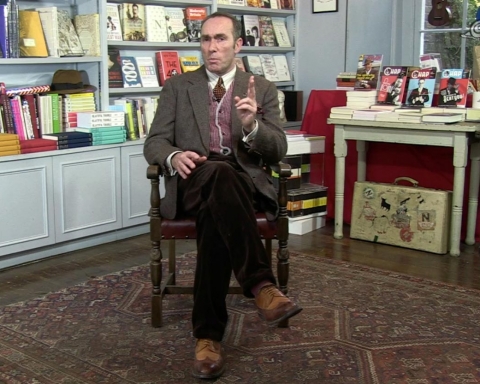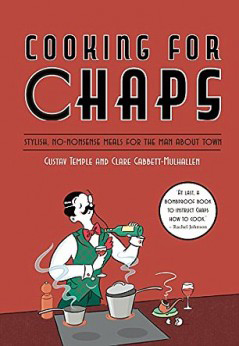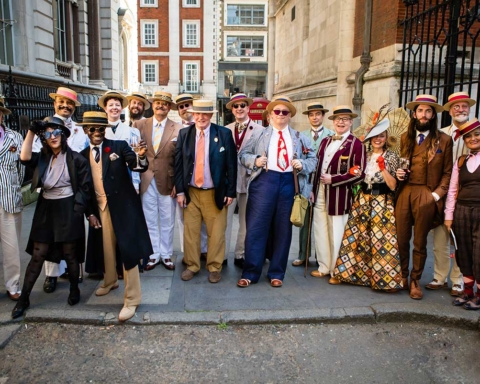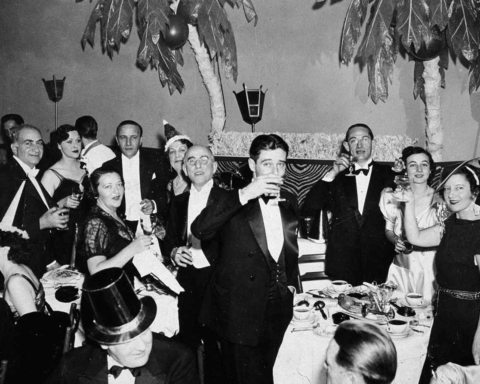 The English cricket bat industry is under threat following a European directive which prevents willow being exported outside Europe. Introduced in March this year, the EU law prohibits the use of the insecticide Methyl Bromide, with which the willow is treated before being exported to be turned into cricket bats. However, the wood cannot leave the country without a fumigation certificate and the industry’s main markets in India, Pakistan and Australia do not currently accept any alternative treatment for the wood apart from Methyl Bromide.
The English cricket bat industry is under threat following a European directive which prevents willow being exported outside Europe. Introduced in March this year, the EU law prohibits the use of the insecticide Methyl Bromide, with which the willow is treated before being exported to be turned into cricket bats. However, the wood cannot leave the country without a fumigation certificate and the industry’s main markets in India, Pakistan and Australia do not currently accept any alternative treatment for the wood apart from Methyl Bromide.
Only four British companies export English willow to the rest of the world and suppliers say their businesses could close down in three months if a solution is not found. Geoff Watling, of Anglian Willow Services, said a chemical called Phosphane could be used but it hasn’t been approved. “In recent years all the willow has had to be exported to India for affordable bats to be made, apart from a small specialist and very residual industry here,” he said. “We alone have 1,400 prepared trees ready to go and Wrights (Britain’s largest willow supplier) have 20 times that.”
The current rules of cricket demand bats made of willow. Without the ready supply of quality East Anglian willow, the pavilions of both national and county sides could contain nothing but faded jockstraps within two years.
Methyl Bromide was banned in 2005 because it damages the ozone layer. On March 19 a total ban on the use of the insecticide came into force. East Anglia has an ideal climate for growing willow, and about £2million-worth, or 100,000 clefts, are exported to India and Pakistan for manufacture every month.
John Clayton, chief executive of Essex Chambers of Commerce, said: “This is a double threat to an export industry and to our own county of Essex, not to say a body blow to the heart of every Englishman if they can’t hear the crack of leather on willow in the future.”
